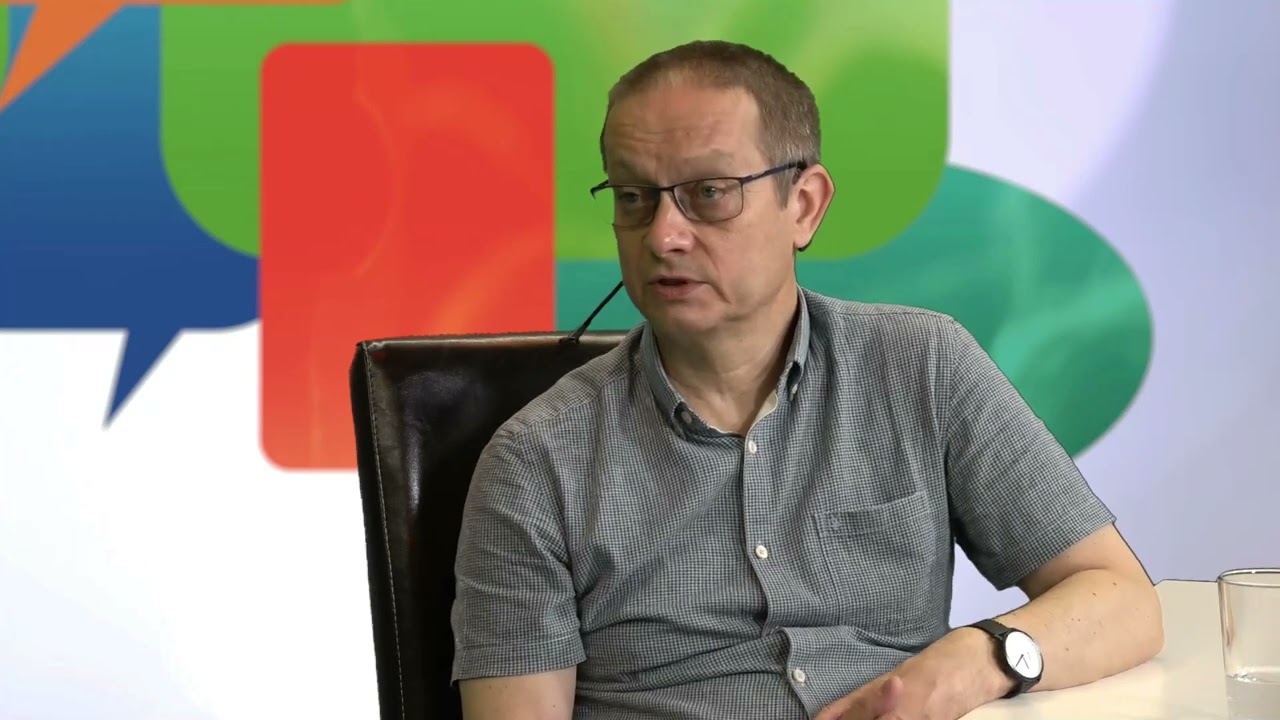Compliance, or adherence to medical recommendations, is an important topic for health experts. Unfortunately, many patients do not adhere to medical recommendations, leading to poor therapeutic outcomes.
One of the main reasons for non-compliance is patients' lack of awareness of their condition and the need to follow medical advice. Many patients do not realise the importance of compliance with medical recommendations for the effectiveness of treatment.
Another reason for non-compliance is the lack of support for patients to comply with medical recommendations. Many people need extra support, for example with their medication, in order to be able to comply with medical recommendations. Unfortunately, many patients do not receive this support, which makes it difficult for them to comply with recommendations.
To address this issue, it is important that both patients and doctors are more aware of the importance of compliance. Patients should be better informed about the importance of compliance for their health, and doctors should provide them with support in complying with recommendations. This is the only way to increase the effectiveness of treatment and improve the health of patients.
Doctors often have problems communicating with patients. Many people do not tell the truth to the doctor because they are ashamed or want to improve the situation. They also often do not follow the doctor's recommendations because they do not have enough knowledge. This knowledge may come from the doctor or it may be something we should all know. In today's world, literacy is essential, as is digital competence and knowledge of IT tools.
Knowledge of health and disease is essential to know where to seek medical help and how to understand doctors' statements. No matter how often doctors use specialised jargon, knowing the basics of health and disease allows us to participate in the health care system and in diagnosis and treatment. In many countries, including Europe, educational programmes on the basics of health and disease are beginning to be rolled out, which can be implemented from pre-school onwards. It is important to learn from an early age how to manage pain and how to take care of your health.
Behavioural hygiene is an important part of our daily lives. Taking care of it helps to avoid many diseases, such as spinal degeneration, which is often the result of sitting incorrectly on unsuitable chairs. Unfortunately, young people in Poland are not taught how to take care of their health through proper hygienic behaviour. We should change this and start educating the young generation in this area. This way they will be able to avoid many diseases and enjoy good health for many years.
We should constantly develop our knowledge in order to be able to meet the demands of our increasingly knowledge-based society. Our society is becoming a 'knowledge society', and this means that we need not only technical and organisational knowledge, but also general knowledge to be able to function in everyday life. Medicine is one area where this knowledge is particularly important. Today's layman needs to have the level of knowledge of a high-level specialist from a century ago in order to cope in our rapidly changing world.
